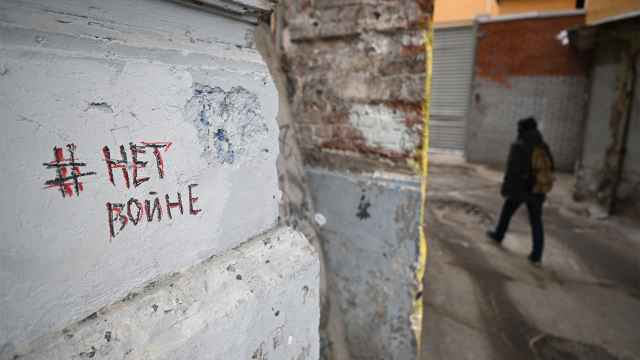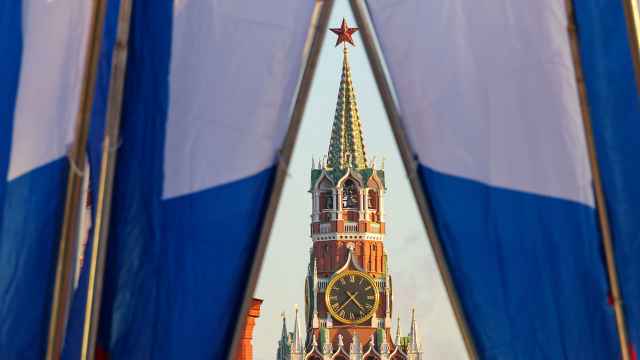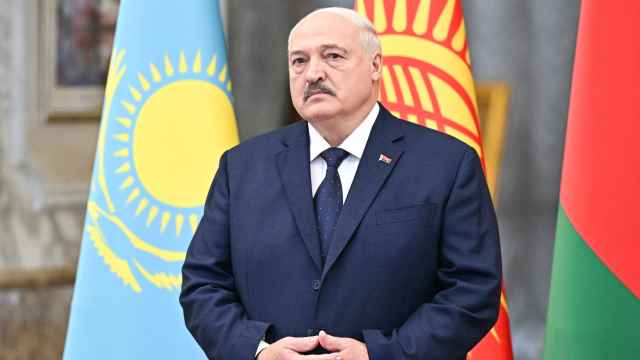It was 1975, and that year’s Nobel Peace Prize had been awarded to Andrei Sakharov, the physicist-turned-human rights champion. Sakharov had played a major role in the 1950s in developing the Soviet hydrogen bomb, but by this time he had long been out of military work and antagonized the authorities with his outspoken pro-democracy views.
The Nobel citation called Sakharov “the conscience of mankind,” but the decision to give him the prize infuriated the Kremlin, just as China’s government has been enraged by this year’s award to dissenter Liu Xiaobo. Liu did not attend Friday’s prize ceremony in Oslo. He’s in jail.
As a Reuters reporter in Moscow, I knew Sakharov well. He was a constant source of information about dissident activities and an author of appeals to the Soviet authorities to improve their human rights record. Unlike Liu, Sakharov had managed to avoid the fate of some of his fellow dissidents — imprisonment — thanks to his contribution to Soviet superpower status and huge reputation abroad. The most he was subjected to was petty harassment.
One morning, the office phone rang and I heard Sakharov’s distinctive voice, with its soft pronunciation of the letter “r.” He had applied for an exit visa to go to Oslo to receive his prize and was calling me and Associated Press correspondent George Krimsky to tell us he had been summoned to the government visa office, OVIR. He invited us to go along.
I made the familiar journey to Sakharov’s untidy apartment on the busy, noisy and smelly Garden Ring. On the way into the building, I passed the usual gaggle of presumed KGB agents loitering outside in their leather coats and fur hats, who looked carefully at me but did not stop me.
Sakharov was in good spirits. He believed that because of his standing he had a good chance of getting the visa for what would be his first visit to the West. If the authorities were going to refuse him one, they could have told him by phone.
Krimsky and I waited while Sakharov donned his best suit. Then we drove behind him to the OVIR office. As a former member of the Soviet elite, Sakharov had a car, making him something of a rarity as a private citizen. He entered the building confidently.
By contrast, when he emerged some half an hour later, Sakharov looked crushed — and angry. His visa request had been denied, and officials had wanted to tell him in person. We commiserated, phoned in our stories, and left.
The Soviets argued that because Sakharov had been at the center of their nuclear weapons program, they could not let him travel abroad — and certainly not to a NATO country like Norway. Sakharov retorted that he had not done such work for many years, had never talked about it publicly and never would.
As with Liu, the authorities bitterly attacked the award in public. The government-controlled journal Literaturnaya Gazeta said the Nobel committee had acted “blasphemously” and accused Sakharov of supporting Nazi and fascist causes. The newspaper Trud called the award “political pornography” and Sakharov a “Judas” whose prize was his “30 pieces of silver.”
But while Liu’s wife, Liu Xia, has been prevented from going to Oslo and is under house arrest, Sakharov’s wife, Yelena Bonner, was able to attend the Nobel ceremony and deliver her husband’s acceptance speech after an international campaign had forced Moscow to allow her to travel to Italy for eye surgery. Bonner was as active a human rights campaigner as Sakharov, but had no background in classified work.
In 1980, Soviet leaders’ patience with Sakharov ran out, and they exiled him and Bonner to the closed city of Gorky, which has now returned to its old name of Nizhny Novgorod.
Reformist leader Mikhail Gorbachev allowed the couple back to Moscow in 1986. Three years later, Sakharov was elected to the Soviet parliament and was talked about as a possible future national leader — a development that might have profoundly altered Russian history. But he died unexpectedly of a heart attack in December 1989, aged 68, just two years before the Soviet Union finally disintegrated. Bonner, now 87, lives on.
Patrick Worsnip is a reporter for the Reuters newswire, which released this comment.
A Message from The Moscow Times:
Dear readers,
We are facing unprecedented challenges. Russia's Prosecutor General's Office has designated The Moscow Times as an "undesirable" organization, criminalizing our work and putting our staff at risk of prosecution. This follows our earlier unjust labeling as a "foreign agent."
These actions are direct attempts to silence independent journalism in Russia. The authorities claim our work "discredits the decisions of the Russian leadership." We see things differently: we strive to provide accurate, unbiased reporting on Russia.
We, the journalists of The Moscow Times, refuse to be silenced. But to continue our work, we need your help.
Your support, no matter how small, makes a world of difference. If you can, please support us monthly starting from just $2. It's quick to set up, and every contribution makes a significant impact.
By supporting The Moscow Times, you're defending open, independent journalism in the face of repression. Thank you for standing with us.
Remind me later.





